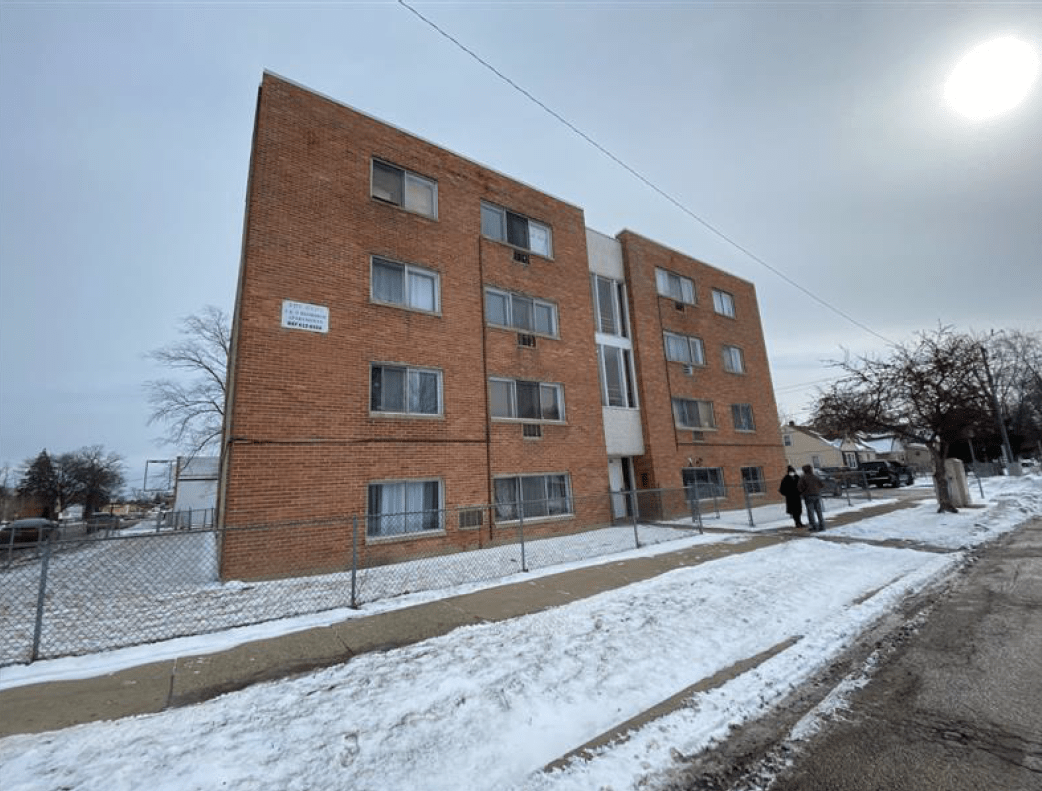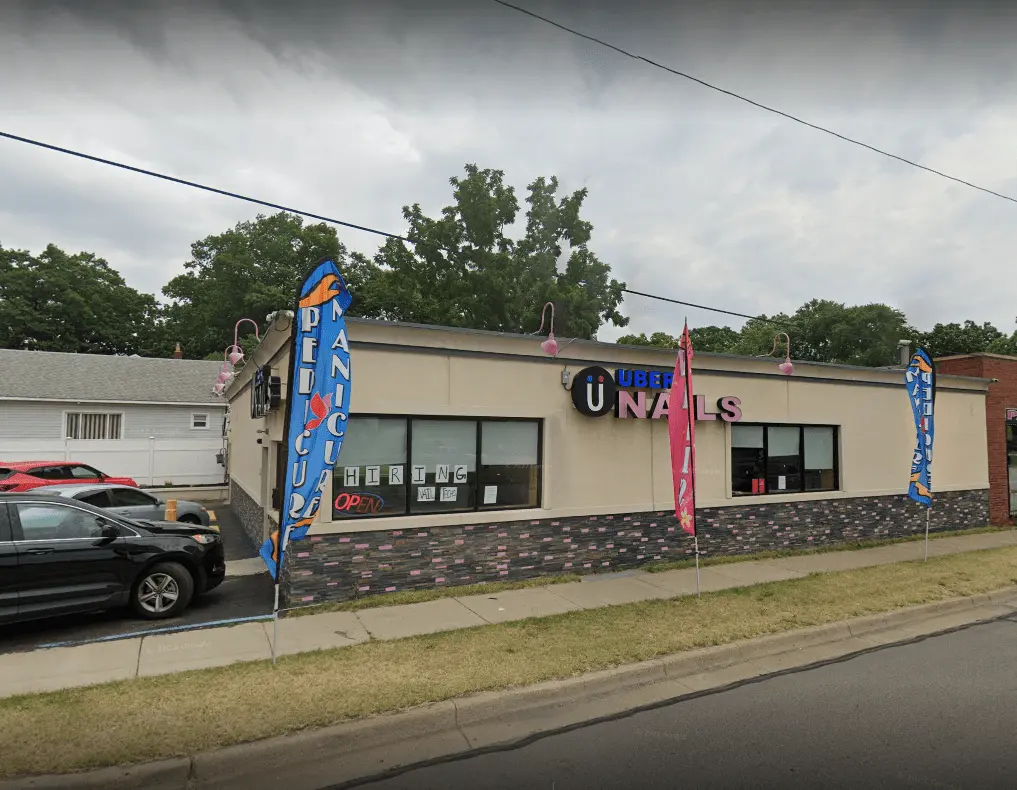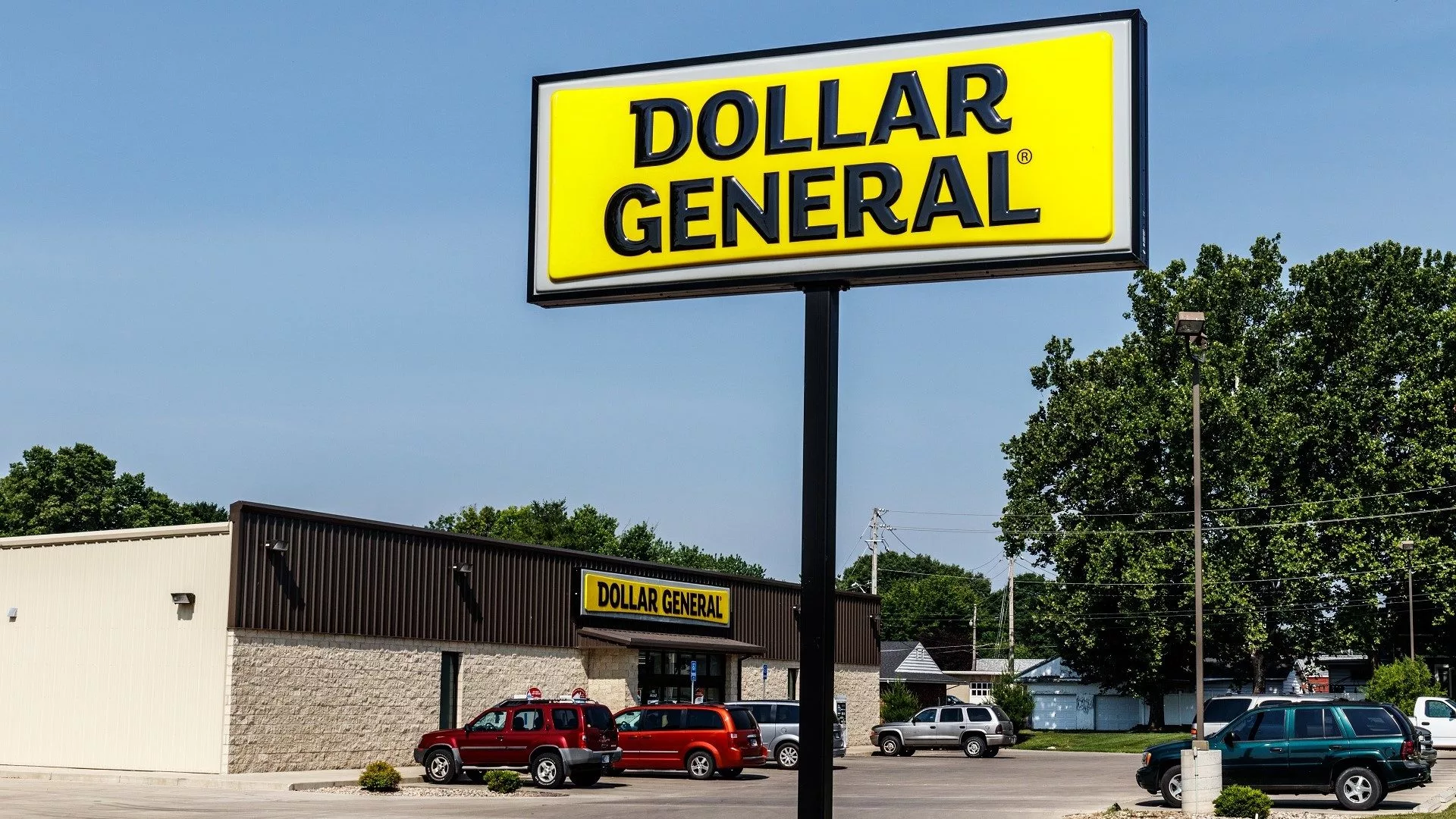The Basics of Hard Money Loans
When you think about hard money loans, unconsciously, your brain pops out a photo of shady lenders who do business in alleys or in pseudo-offices with a hidden agenda of taking your real estate property. But contrary to what you might think, hard money loans are already earning a respectable reputation thanks to the advantages they offer that borrowers can’t get from traditional banks.
Here’s all you need to know about them:
What is a Hard Money Loan?
A hard money loan is a kind of short-term financing that accepts real estate properties as collaterals. In fact, hard money loans depend on the property’s value to determine how much they will lend to their debtors.
These loans are a lot more flexible than traditional banks simply because the latter is only given to low-risk cases. For example, a hard money loan requires property as collateral. However, they don’t require you to own the property fully before granting the loan. This means that you can use as collateral owned or partly owned properties. In some cases, you can even use a property you are buying as collateral. This is allowed for as long as significant ownership is handed to you.
The loans work by giving you a period of one year in order to repay the loan. However, some loans can be extended up to five years.
More on Hard Money Loans
While hard money lenders can accept any kind of property as collateral, some prefer one kind of property. This means that you can’t use other types of properties as collateral.
To add to that, this kind of loan cannot answer for all your needs for the simple reason that a hard money loan is not the best option for all times. If you are planning to buy a home for your family, there are better loans that can give you the term you need to repay the loan. In this case, a traditional bank loan can be the best option. On the other hand, a hard money loan is ideal for construction loans or when you are in need of a loan but your credit score will not allow you to.
The rates of hard money loans differ across lenders and areas. In an area where there are a lot of hard money lenders, you can expect a much lower interest rate because of the competition. However, interest rates usually just fall between 10-15%. If you will notice, these rates are more expensive than the bank’s because hard money lenders face a higher risk in the loans they give out.
If your loan application was rejected by a bank, don’t give up because a hard money lender can be your saving grace. But even though they are always available, you need to exercise caution as to who you borrow money from. It is always a must to research reputable hard money lenders and to look for other sources of loans that are available to you. In this way, you can make better decisions on how to allocate and receive financing.
Contact Gelt Financial today for all your private funding needs!















